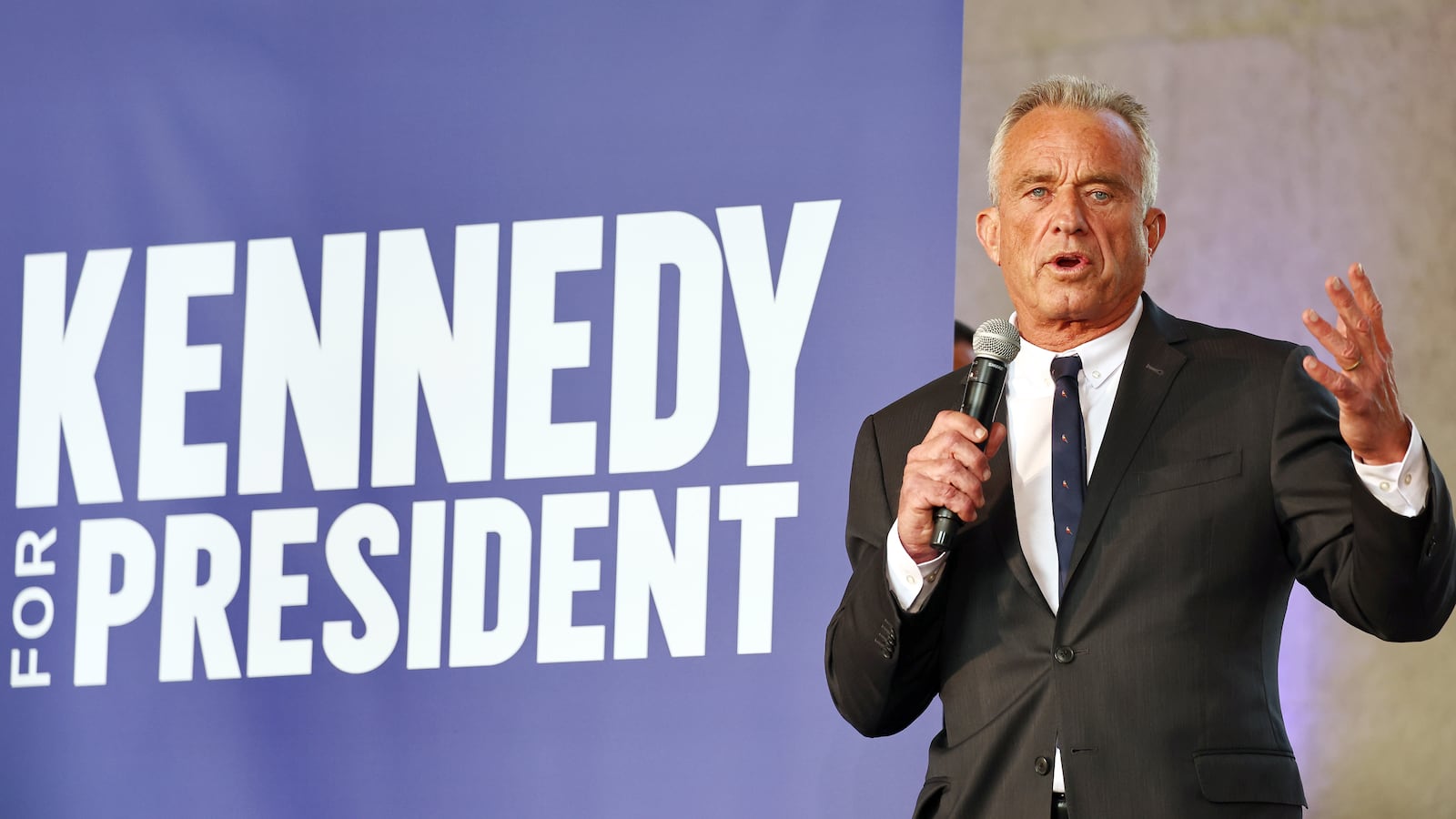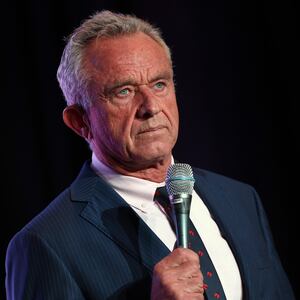Robert F. Kennedy Jr. will not appear on the ballot in New York, a court in Albany ruled on Monday after a judge determined that he did not live in the New York address he claimed as his residence.
New York Supreme Court Judge Christina Ryba ruled on Monday that Kennedy’s address in Westchester County was invalid and instructed the New York Board of Elections to keep him off the ballot in the November presidential election.
Kennedy listed a home in Katonah, New York as his primary address when he petitioned to appear on the New York ballot as an independent candidate for president.
However, lawyers for a Democrat-aligned super PAC argued that he actually lived with his wife, actor Cheryl Hines, in their home in California, the Associated Press reported. Kennedy testified that he only slept in the home once due to his ongoing presidential campaign, but maintained that he was planning to move back to New York in the future.
The owner of the Katonah home, Barbara Moss, testified that she only started receiving $500 rent checks from Kennedy after the New York Post published a story in May about inconsistencies with his stated address.
In a press release issued after the ruling on Monday, Kennedy insisted that his law practice, drivers’ license, falconry license are all registered in New York. He also insisted he has listed New York as his primary residence since 1964 and pays taxes in the Empire State.
The suit was brought by the Clear Choice PAC—a Democratic Party aligned political action committee. Clear Choice has brought similar suits against Kennedy in other states, including Pennsylvania.
The Kennedy campaign has won other ballot access challenges in New Jersey, Hawaii, and Utah. A judge in North Carolina ruled that his name will remain on the ballot in the Tar Heel State just hours before the decision in New York.
Kennedy has three days to appeal the decision. His lawyer, William F. Savino, previously told the New York Times he “planned to appeal any adverse ruling.”
“We will appeal and we will win,” Kennedy said in a press release issued after the ruling. Paul Rossi, an attorney for the independent candidate, also questioned the constitutionality of New York's residency requirement.
“We intend to pursue injunctive relief in the Southern District of New York. If state court judges are going to ignore the Constitution, the federal courts must step in to protect voters’ rights,” Rossi said in the same statement.
A representative from the Kennedy campaign slammed the court’s decision, accusing the Democratic Party of conducting “lawfare.”
"Democracy is about trusting voters to make the best choice for themselves and their families, not weaponizing the courts to restrict voter choice and prevent Americans from supporting the candidate they like best,” Amaryllis Fox Kennedy told the Daily Beast in a statement.








